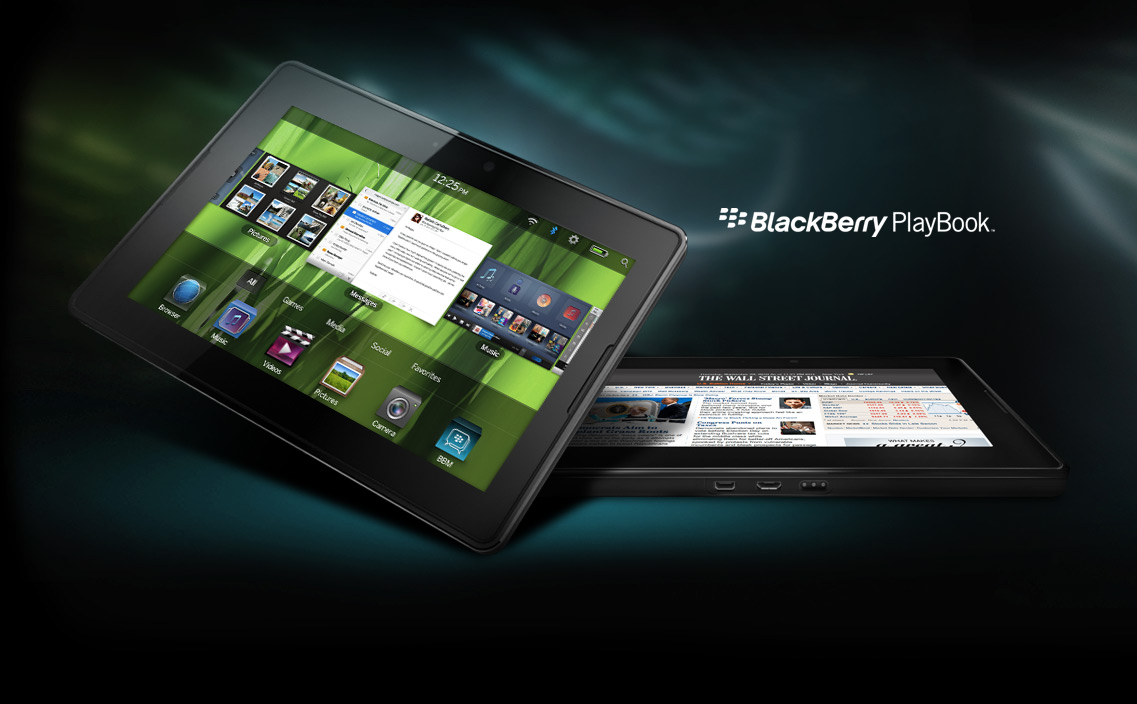
The news continues to grow bleak for Waterloo’s Research in Motion as their less than stellar stab at the tablet market has left them having to eliminate a member of their PlayBook offering. The company’s struggles to innovate and create products that would wrestle consumers away from industry stalwarts such as the iPad and Samsung Galaxy Tab has put them in a position to make the tough call to discontinue production of their 16GB PlayBook tablet.
The device, which features a 7” display and 1 GB of RAM retails for approximately $199 CAD. It is the smallest offering in terms of memory when compared to its 32GB and 64 GB brethren who retail for $249 and $299 respectively.
The decision is the first of many difficult ones the company faces as they shake things up in order to remain relevant in an industry that they helped pioneer more than a decade ago. Share prices have plummeted to the $7 mark, reaching below $10 a share for the first time since the early 2003. The company also posted an operating loss for the quarter and are in the process of received strategic consulting in order to determine what its best options are for the future.
Although the PlayBook was released to moderately positive reviews last year, initial sales did not reflect the lack of demand for the product, as retailers reported difficulty in moving the units. This fact in concert with the industry domination of Apple and Samsung resulted in RIM cutting prices in order offer a low price alternative to the aforementioned firms’ products. RIM also encountered software and performance glitches that have led to a negative perception of their tablets.
Add to this the fact that BlackBerry’s app offering and device specs are considered to be the weakest in the industry, and RIM has found themselves in a position where the razor thin margins on the 16 GB PlayBook no longer made sense given the number of units (or lack thereof) that they were able to sell.
In a statement released by the company, RIM insists that they remain committed to their 32 GB and 64 GB models. It remains difficult for anyone outside of the company to share in that sentiment.